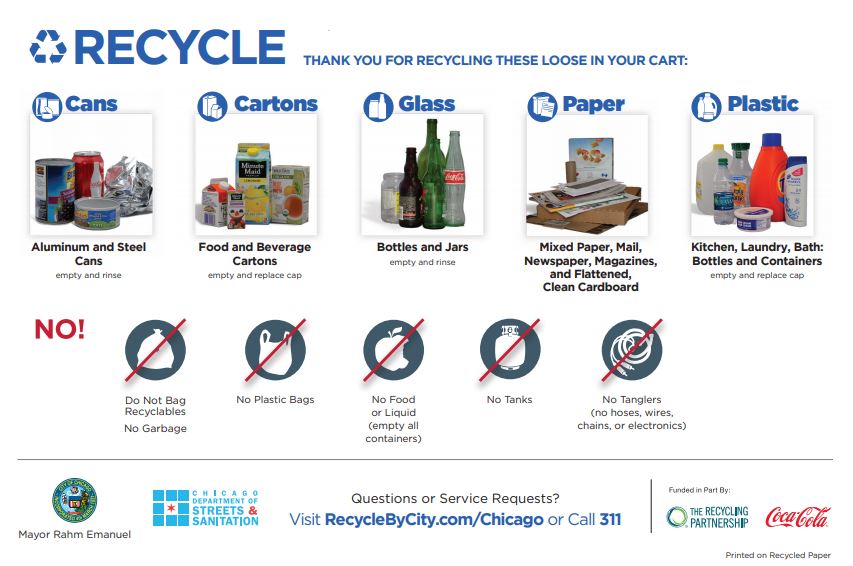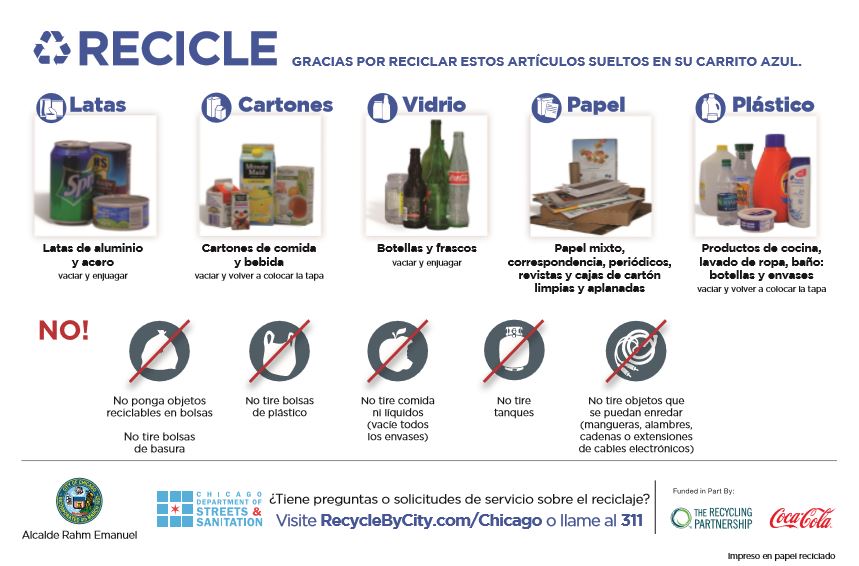Earth Day 2020 Power Hour
To celebrate the 50th Anniversary of Earth Day, we asked our fellow elected officials and the best policy makers in Illinois to join us in considering the many options we have to serve the planet. We shared tips on how to make sustainable choices while in quarantine, and goals for improving our carbon footprint after quarantine is lifted.
Waste Reduction
Reducing waste reduces the need for landfills, which are the third largest contributors of human-related methane emissions in the United States.
- Ditch the plastic water bottles. Approximately only 10% of plastic water bottles are recycled. The best way to divert water bottle waste is to carry around a reusable water bottle, and forgo the plastic completely.
- Use recyclable bags. Similar to the above, plastic bags are not recyclable, nor are they sustainable. Not to mention, when one man dove to the deepest part of the ocean, he found a plastic bag. Carrying a reusable bag to the grocery store is an easy way to reduce waste.
- Use reusable everything. Don’t just stop at bottles and bags. Reusable take out containers, reusable straws, and reusable zip locked bags are all easily available options. Anytime you throw something away, stop and think: could I find a reusable version of this? Save money and save the environment!
- Cancel unnecessary mail subscriptions. Not only is junk mail annoying, but it is also extremely wasteful. Visit https://www.ecocycle.org/junkmail for ways to stop the onslaught of unwanted mail.
- Shop second hand clothing stores. In the United States, people throw away 10.5 millions tons of clothing every year. The majority of fabric fibers in clothing are now synthetics generated from fossil fuels, and 85% of clothing we wear will end up in a landfill, where it will not breakdown. Additionally, the manufacturing of clothing uses water and energy. The average pair of jeans takes 1800 gallons of water and enough energy to equal over 80 miles of driving. Shopping second hand helps reduce waste and reduce the amount of clothing produced every year.
- When you must buy new clothes, keep conscious consumption in mind. The “Good on You” website helps connect you with stores that use ethical and sustainable practices. There’s even an app you can download to see how your favorite brands and stores rate on the list.
RECYCLING 101
Did you know that we are facing a recycling crisis in the United States? Less and less waste products are being recycled, and recycling processing plants are shutting down. The largest recycling hauler in the U.S. has recently closed 25% of its recycling plants.
The biggest cause of this is contamination. High levels of garbage are being thrown into recycling bins, mixing with materials that would normally be able to be recycled. This makes it more expensive for processing plants to separate and clean recycled materials. It then becomes cheaper for these companies to send the contaminated materials to the landfill.
The easiest way to fix this, is to recycle correctly, and inform others:
- Always recycle all empty bottles, jugs, cans, clean cardboard, office paper and newspaper
- Never put plastic bags, plastic wrap, dishware, food or food-related paper waste, tissue, shredded paper, clothing, furniture, batteries, hoses, prescription bottles or needles in recycling bins.*
- Ask your employers, landlords and recycling haulers to use standardized labels on all bins in the community. These will encourage others to recycle properly and reduce contamination. You can find the labels here: https://www.recycleacrossamerica.org/labels
*Some of these items can be recycled separately. Follow this link to learn how to properly dispose of these items! https://www.recyclebycity.com/chicago/guide
To learn more about the recycling crisis and solutions, visit https://www.recycleacrossamerica.org/
COMPOSTING 101
Composting is another great way to keep waste out of landfills. 25% of food purchased in the U.S. is never eaten, and most of that food ends up in the landfill. Food scraps that end up in the landfill emit more methane than coal mining. While the accessibility and feasibility of composting still has a long way to go in Cook County, there are options out there that will help you reduce waste.
Litterless blog put together a list of companies that will pick up your compost waste. The article also lists places around Cook County where you can drop off your compost, including many farmer’s markets.
Energy and Water Use Reduction
Reducing your energy consumption not only saves you money, but reduces the pollution that is emitted from non-renewable energy sources. Using less water means less energy is used for water treatment and pumping.
Update to energy and water efficient appliances. As your appliances age and need replaced, consider updating to water and energy efficient options. For example, newer toilets use less water with every flush, and newer dishwater models use less water with every cycle. Appliances with an Energy Star certification use less energy than standard appliances. Not only will you be reducing your carbon footprint, but you’ll be lowering your electricity and water bills. Through 2021, you can receive tax credits for updating to these models.
Reduce your reliance on appliances. Updating your appliances to energy and water efficient models is great. But even better, is reducing how much you use them. Only run your dishwasher and laundry machine with full loads. When it’s nice out, hang your laundry outside to dry. Air dry your dishes whenever possible.
Unplug chargers when not in use. Many devices, such as chargers, draw energy when they are plugged in even when they are not in use. This is called “vampire power consumption.” Be diligent about unplugging phone and computer chargers when you do not need to draw power. Additionally, be sure to power of laptops, computers, printers, and televisions when not in use. “Sleep Mode” still draws power and even shortens the life of these electronics.
Replace light bulbs. LED and CFL lightbulbs use 20%-25% less energy than incandescent light bulbs, and they last longer too. Once again, saving energy also means saving money! Don’t forget to turn the lights out when you leave a room.
Install low-flow shower heads and faucets. Making this small change will save up to 40% of your water consumption each year and reduce your water heater bill and energy consumption.
Plan your garden with water consumption in mind. Pick plants that can withstand drought, and require less watering. When you must water plants, try to water during 6am and 10am, when the sun is less harsh. This will reduce the amount of water that is evaporated. If you have the room, use a rain barrel to capture rain water. You can attach a hose or fill up a watering can and water your plants directly from the barrel.




